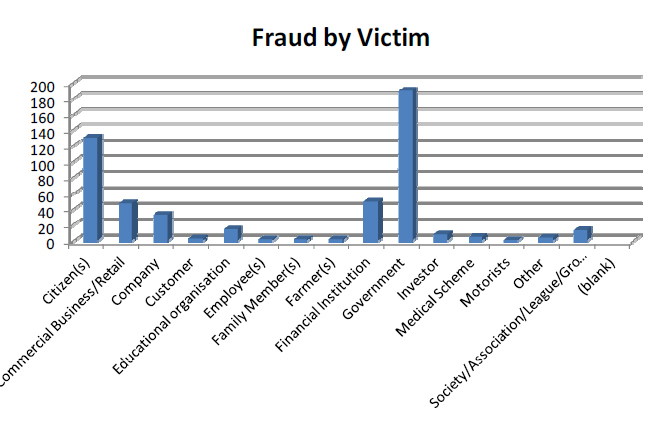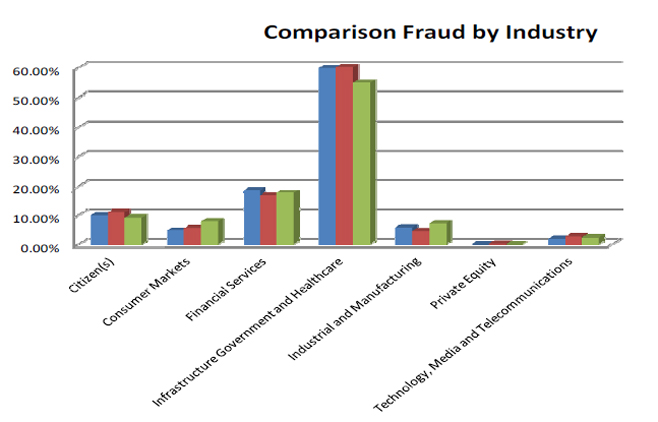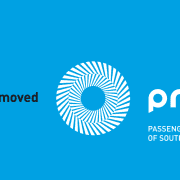|
Getting your Trinity Audio player ready...
|
The government sector across the continent got the heaviest beating in KPMG’s recently released Africa Fraud Barometer, developed to provide a bigger picture of fraud prevalence on the continent.
According to the tool, reported cases of fraud decreased from 520 in the second half of 2011 to 503 cases in the first half of 2012, with Nigeria, Kenya, Zimbabwe and South Africa making up 74% of all fraud cases reported in Africa.
Although South Africa registered the highest incidence of fraud in Southern Africa, this may be materially skewed by the relative size of the economy, KPMG's report on the results stated.
It’s not all bad news
The barometer shows that South Africa has the highest number of reported fraud cases on the African continent, and due to the size of its economy, more fraud cases are to be expected. The same can be observed in Nigeria and Kenya, according to KPMG.
A vigilant media in South Africa, the essential basis for the entire Africa Fraud Barometer, is particularly contributing to the reporting of fraud and corruption cases. Recent police statistics show positive trends, reporting that fraudulent activities are declining, KPMG said.
“On the positive side, we have also seen multinational legislation against fraud taking root in South Africa, forcing companies to be more accountable regarding fraud and corruption,” says Petrus Marais, KPMG's global leader of forensics, who developed the barometer.
“They have to defend themselves and the potential impact on market capitalization can be substantial. The legislation helps to constantly measure awareness of risks and to manage the risks themselves pertaining operations of companies in South Africa and into Africa.”
As for the public sector, more cases of fraud and corruption in South Africa have been reported on, with the Public Protector playing a vital and important role. However, the prosecution rate remains comparatively low.
“This is only the second barometer we are publishing, but we have noticed a decline both in terms of reported fraud cases and their monetary value. We see this as a positive trend,” says Marais.
Governments in Africa hardest hit
The barometer distinguishes between the number of reported fraud cases, type of perpetrators, victims of fraud, type of fraud, countries and targeted industries. Data currently available captures the entire year of 2011 and the first half of 2012. To obtain some indications of trends, findings from the first six months of 2012 were compared to those ones of the second half of 2011, according to KPMG.
The tool reveals that most fraud is committed by government officials (18%), followed by business people (15%) and employees (14%). As in the previous reporting period, government at 38% is still hardest hit by fraud and corruption, an increase of 1%.
“We have identified government as a high risk area both in terms of perpetrator and victim. We therefore added a new perpetrator category of “government officials”. It would seem from the statistic that government is under attack from its own people.
“Elsewhere in the world similar surveys show that companies are under attack from management more than employees,” says Marais.
“We are asking ourselves about the extent of prosecution of fraudulent government officials. This would depend on whether the respective legislation to prosecute fraud is in place and the capacity to implement the law exists.
“Cultural acceptability of fraud is also an important consideration.”
In the private sector, multinationals are increasingly exploring ways of addressing internal fraudulent activities. Since international and local legislation has been put into place, the consequences for companies are far greater than ever before, according to the report.
Download the full report here.










